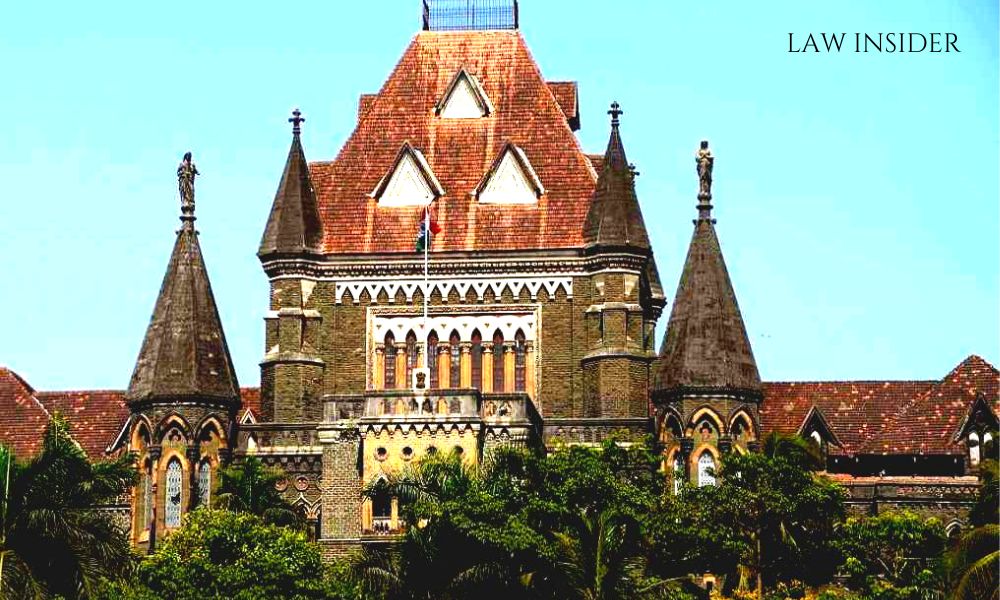LI Network
Published on: 19 September 2023 at 14:58 IST
The Bombay High Court has granted bail to a 22-year-old individual, citing concerns over the procedural compliance during search and seizure operations conducted under the Narcotic Drugs and Psychotropic Substances Act, 1985 (NDPS Act).
The Court’s ruling emphasized that the failure to adhere to the mandated procedure under section 42(1) of the NDPS Act raised doubts about the legitimacy of the contraband recovery.
Also Read: Important Provisions of NDPS Act, 1985 – Law Insider India
Case background:
The applicant had been arrested on charges of possessing 50 kilograms of contraband at his residence. Initially, his Bail Application was denied by the Trial Court, which cited the substantial amount of contraband and the alleged non-compliance with Sections 42 and 50 of the NDPS Act as reasons for ineligibility for bail under Section 37 of the NDPS Act.
Court Observation:
Justice Anuja Prabhudessai presiding over the case noted that the empowered officer involved in the search and seizure operation had not provided reasons for the belief that obtaining a warrant would allow the suspect to escape or hide evidence, as required by the proviso to Section 42(1) of the NDPS Act.
The Court, therefore, concluded that the search and seizure procedures were in contravention of the mandatory provisions outlined in Section 42 of the NDPS Act, raising doubts about the validity of the recovery.
The Court highlighted the significance of the search and seizure operation in question, noting that it was not a random discovery but was conducted following information provided by a co-accused. In response to arguments that the empowered officer had insufficient time to obtain a warrant, the Court reiterated the requirement for the officer to record the grounds for their belief, either before or shortly after the search.
The Court referenced previous cases, including State of Rajasthan v Jagraj Singh @ Hansa (2016), Boota Singh and ors v State of Haryana 2021, and Union of India through Narcotic Control Bureau, Lucknow v Md. Nawaz Khan [Criminal Appeal No.1043 of 2021], to underscore the procedural requirements of section 42(1) of the NDPS Act.
Furthermore, the Court emphasized that the compliance with procedures outlined in Section 42 of the NDPS Act is a factual matter to be determined during the trial. It noted that there was uncertainty about the applicant’s involvement in the alleged crime, and he had been in custody for over two years without prior criminal records.
Considering the backlog of cases and the lack of charges being framed, the Court expressed concerns about the trial’s protracted duration. In line with the Supreme Court’s stance that prolonged imprisonment violates the fundamental right under Article 21 of the Indian Constitution, the Court determined that the applicant was entitled to bail and accordingly granted bail.
The case is titled: Shivraj Gorakh Satpute v. The State of Maharashtra.

